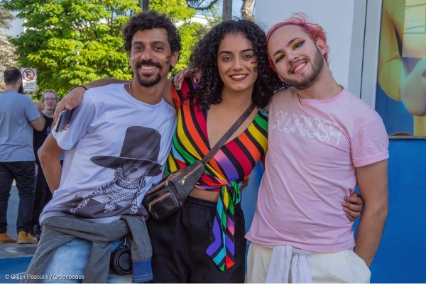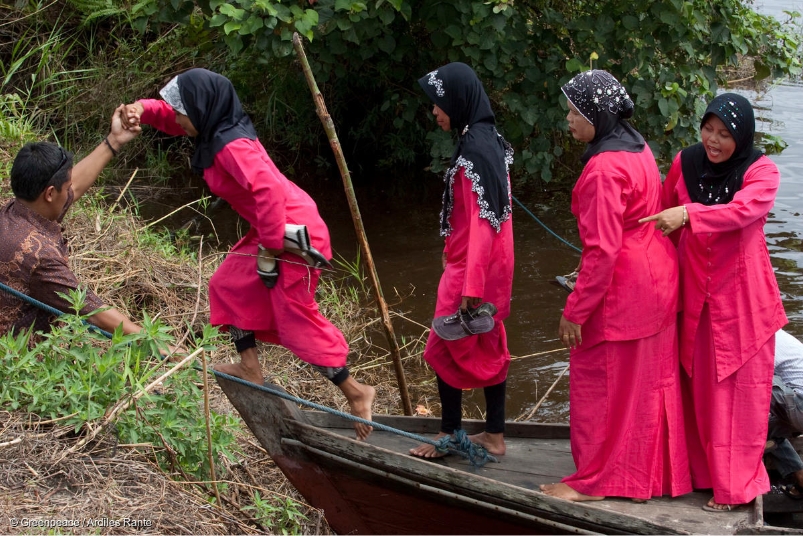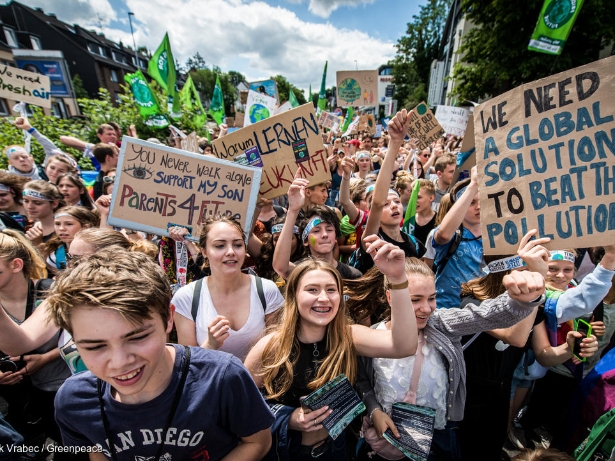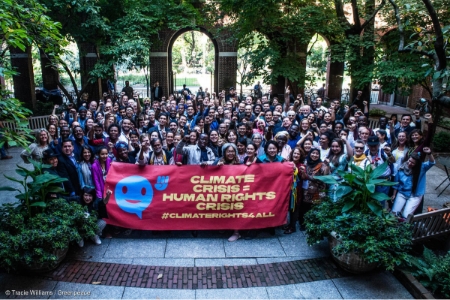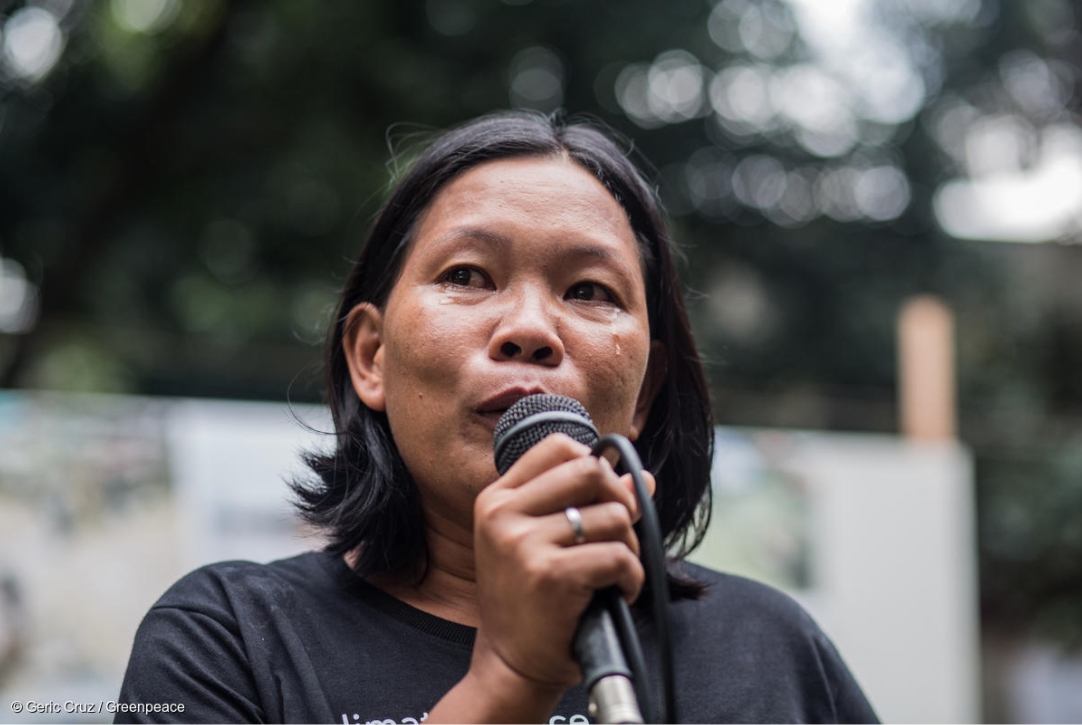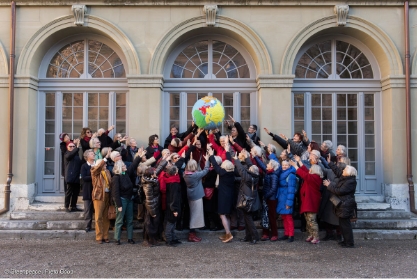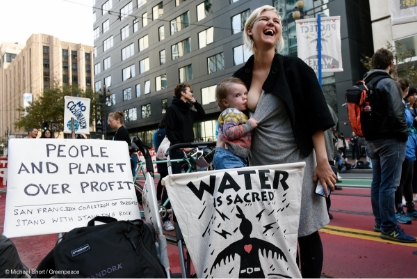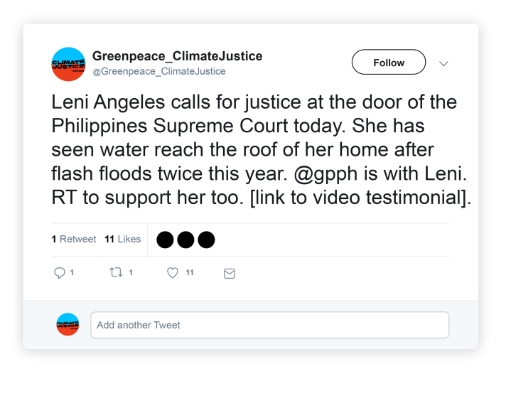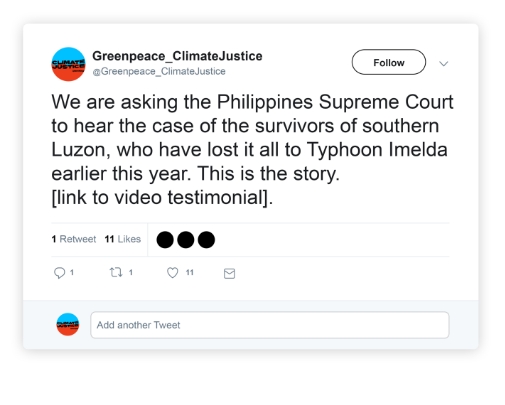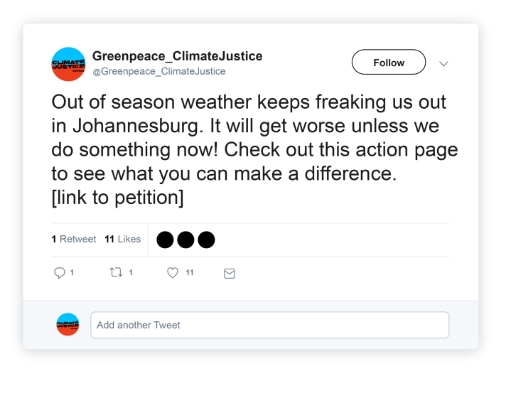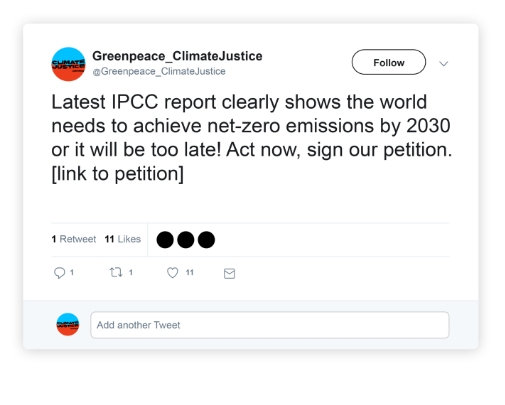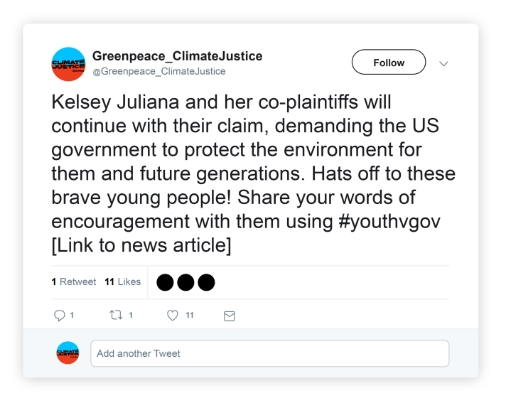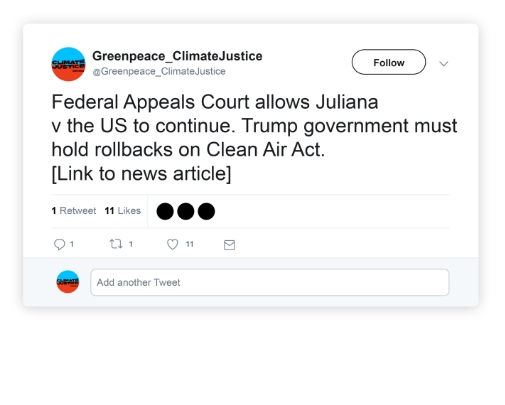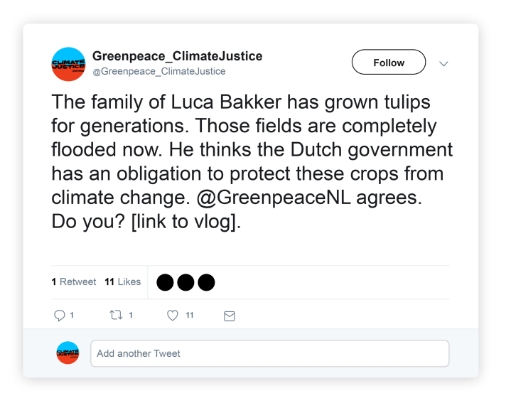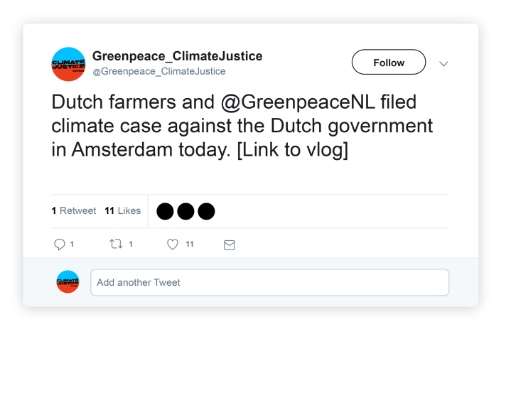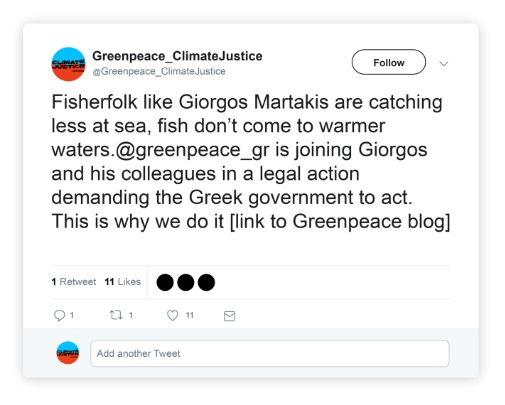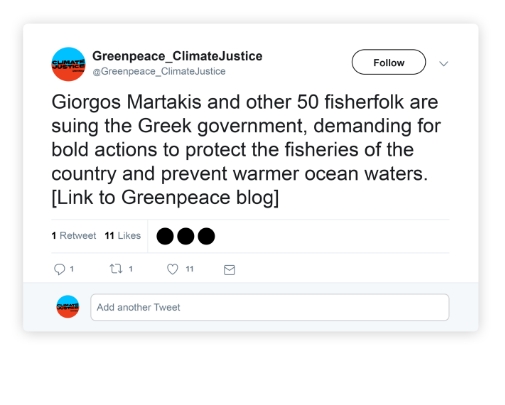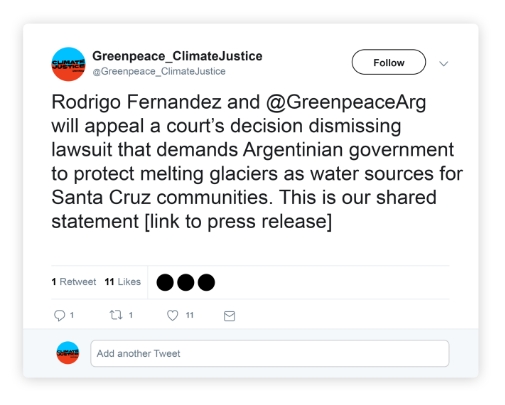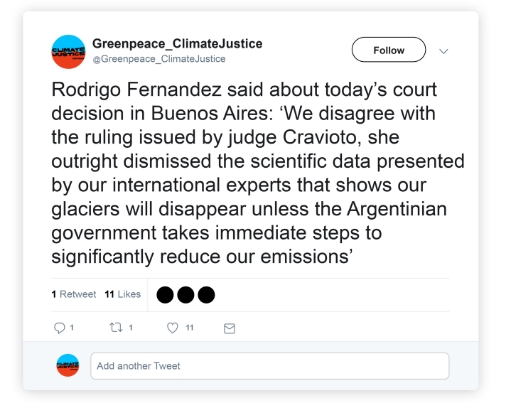STRATEGY MAP

THE CHALLENGE
We conceived this map as a tool to help connect communities, groups and individuals through storytelling. Language and images have the power to bring people together, to defend their rights in the face of the climate emergency. The story map intends to serve as a flexible, relatable and easy-to-use platform that guides the creation of effective communication and engagement plans for projects across diverse regions and countries, aiming to weave them into a unified global effort.
Every person has the right to a healthy environment and a stable climate. But governments are not doing enough to protect that right from the impacts of climate change, allowing fossil fuel companies to continue to profit from environmental breakdown. States and corporations must be accountable and take responsibility to remedy the harms they have caused.The law is a powerful platform for people to take action. Communities made vulnerable by climate change can create a real environmental, political and social transformation using strategic litigation to demand a better future. Furthermore, the stories from the people already taking action are the key to continue building an international movement from the grassroots.
The different elements of this map provide recommendations, criteria and practical examples to guide practitioners to identify and develop climate justice narratives that resonate with their specific target audiences.
Explore this map and help tell this collective story!
